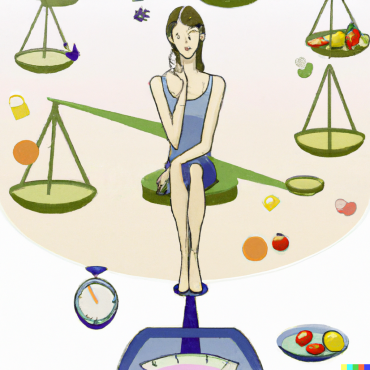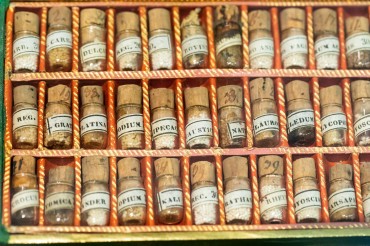Chocolate is not just a piece of sweet treat it’s an emotion wrapped with sweetness and goodness. Chocolate is well known for its unique flavor, rich aroma, and sweet taste. We always search for a chocolate bar when we’re feeling happy, sad, stressed, tired or anxious? And also to celebrate our special occasions we want to eat chocolate. Market is flooded with many chocolate candies and bars. No one can watch TV/OTT program without any chocolate advertisement, you bet. Most of the modern era desserts: cakes, pudding, mousse, brownies, cookies and biscuits has chocolate as a core. Chocolates are the perfect gift for any occasion, anytime.
Chocolate is a sugary confection made from ingredients: cacao beans (roasted and ground), sugar, full-fat milk, honey, and other additives and flavorings. White, milk and dark, are the 3 equally loved variants of this delicious treat relished by all walks of life, children-teens-young adults-elderly. Even health conscious dieters are secret eaters of this divine delight. Sweet chocolate is a combination of cocoa solids, cocoa butter and sugar. Milk chocolate additionally contains milk powder or condensed milk. No cocoa solids are added to white chocolates but have cocoa butter, sugar, and milk in it. Bitter-sweet or semi-sweet are varieties of dark chocolate. The health potential of a dark chocolate depends on higher percentage of cocoa (70% and above).
High-quality dark chocolate has a wide variety of powerful antioxidants especially flavanols (epicatechin and catechin) and also anthocyanins and phenolic acids. It contains stimulants that make us feel positive, energised and reduce our stress. These compounds help protect our cells from inflammation, aid weight loss, improve brain function, treat depression, boost immune and cardiovascular health by regulating blood pressure and glucose homeostasis. Chocolate also has two other neuroactive compounds, caffeine and theobromine. A bite of chocolate not only stimulates the opiate receptors in our brains, it also causes a release of neurochemicals (dopamine and serotonin) in the brain’s pleasure centers. Consequently, regular cravings and amount consumed has been associated with weight gain, acne, dental problems, coronary artery disease, and type II diabetes.
As a midday snack, 2-3 blocks or 20-30 gms of dark chocolate per day is known to be a safe quantity that can be consumed by people. However, excess consumption of this forbidden food on regular basis may result in increased heart rate, anxiety and irritability, nervousness, and even cause dehydration.
With its health-boosting compounds and micronutrients (iron, calcium, zinc, magnesium, copper, vitamin A and B complex), one should indulge in an occasional chocolate treat. As ever, eat it sparingly and choose varieties lower in sugar and fat. And, set boundaries by not keeping too many chocolates in the house or in my desk drawer at work.
























































Comments